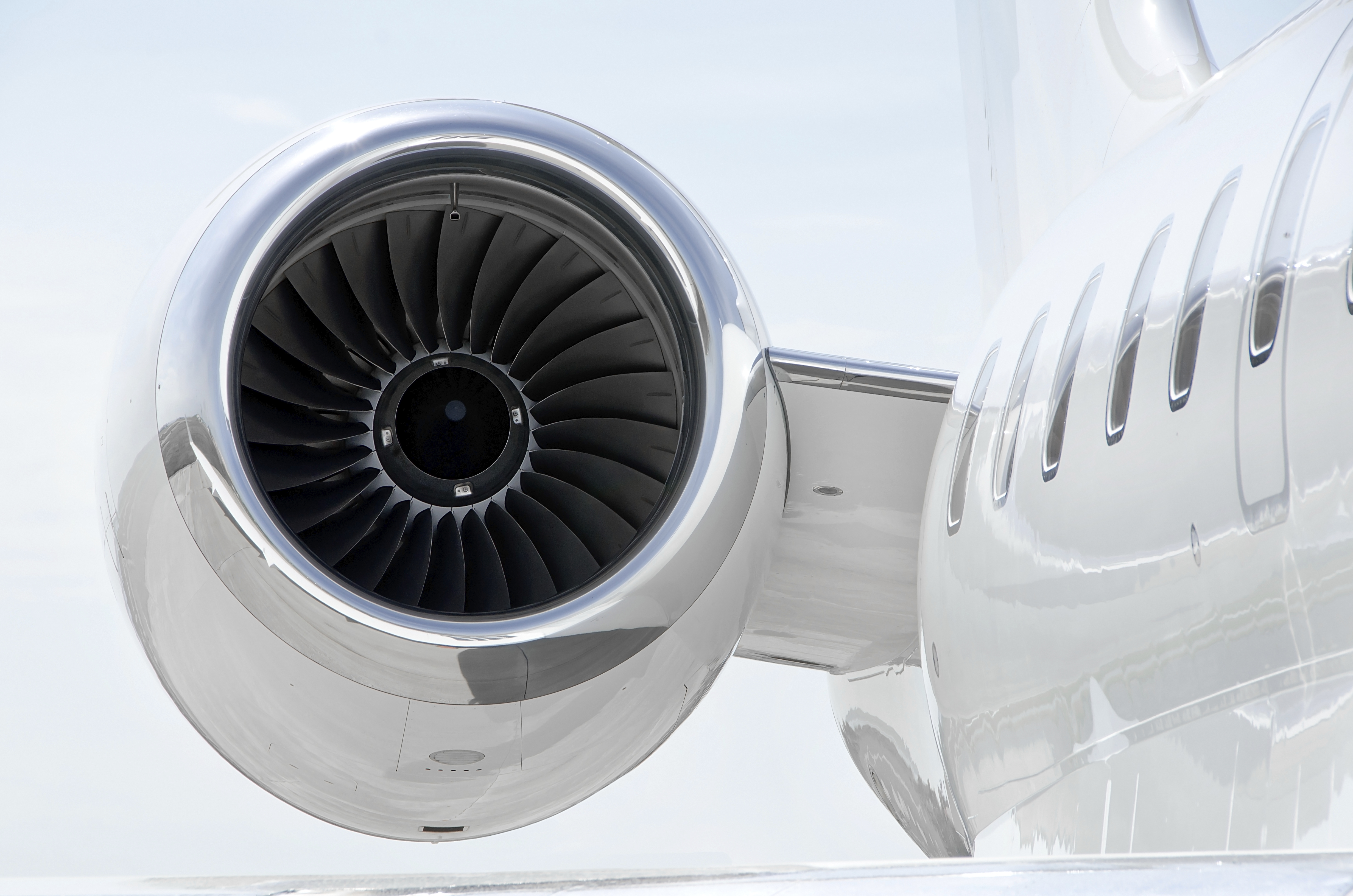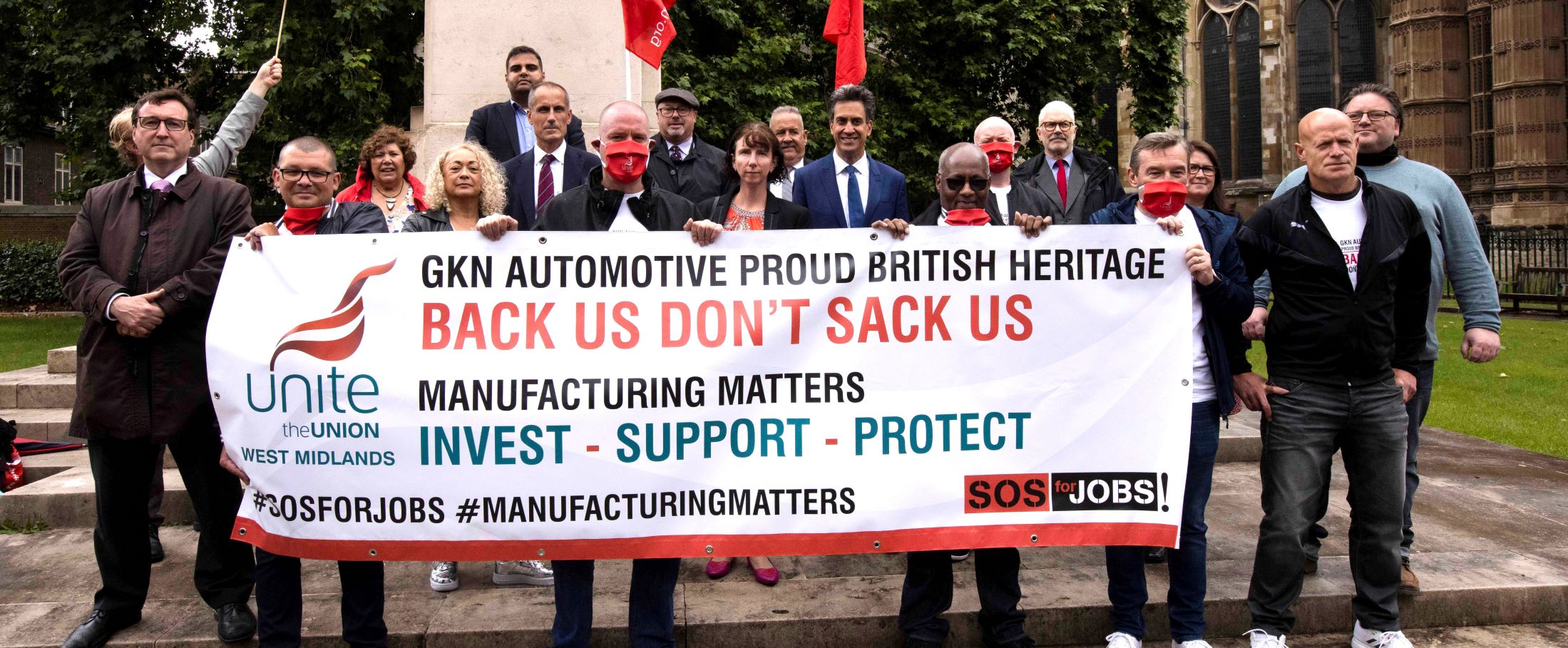Aerospace take-off?
The aerospace industry in the UK is among the nation’s largest and most high-tech sectors – in fact, British aerospace is the largest in Europe, second only to the US, with a global market share of more than 6 per cent.
In 2017, aerospace employed 120,000 people in the UK and the sector is growing rapidly – it’s expanded 39 per cent in the last five years alone. Beyond those directly employed in aerospace, the industry strongly benefits the rest of the economy – it supports an additional 118,000 jobs in the wider supply chain.
The immediate future for aerospace looks bright too, given skyrocketing demand for new planes.
“We estimate that the world is going to buy roughly 40,000 new planes over the next 20 years,” Boeing Europe president Sir Michael Arthur told the Telegraph earlier this year. “Asia-Pacific is the biggest growth area, but after that the US and Europe are about neck and neck, so demand is worldwide.”
As the Telegraph highlights, each plane order represents a boost for British aerospace workers – the 787 Dreamliners are built with Rolls-Royce engines; Boeing provides commercial aircraft maintenance solutions in Surrey; and the winglets for the 737 Max are made in the Isle of Wight by GKN.
While Britain is poised to dominate the world aerospace market, thanks in large part to its highly skilled workforce, the sector is now under serious threat as the UK stands on the precipice of Brexit.
Brexit threat
The Brexit threat was today (June 22) brought into sharp relief by one of Britain’s largest aerospace firms, Airbus, which said it may scrap plans to build new wings in Britain over fears that EU regulations will no longer apply from March next year.
Airbus Commercial Aircraft chief operating officer Tom Williams said today (June 22) that the firm was preparing itself to “press the button on crisis actions” including thousands of potential job cuts if the government did not give clarity and certainty over Brexit negotiations.
When asked on BBC Radio 4’s Today programme whether the company was planning on keeping new wing production in the UK, he responded, “We are seriously considering whether we should continue that development or we should find alternate solutions.”
Labour MP for Bristol North West Darren Jones, whose constituency encompasses an Airbus site in Filton, explained how such a move would impact the local community.
“I can’t stress how devastating this would be for North Bristol, where wing production is the core part of the Airbus business,” he tweeted. “And after the GKN hostile takeover by Melrose, whose biggest customer is…Airbus. The Government has to act now.”
Unite convenor at Airbus in Filton Mike Byfield echoed Jones’ concerns as he pointed out on BBC News that Airbus employs 14,000 people directly and another 100,000 in the wider supply chain.
“If the UK becomes an unattractive place to do business, that makes us fear for future work,” he said.
Labour’s shadow Brexit secretary Kier Starmer said that the news that Airbus is considering pulling out of the UK “will cause deep distress to the thousands of families who rely on the quality jobs and income that this major employer provides.
“It’s imperative we get a deal with the EU that provides the reassurance necessary to keep skilled jobs in Britain – for workers today and for future generations,” he added.
“Ministers needs to start listening to legitimate concerns of businesses and get a grip of the Brexit negotiations.”
Unite assistant general secretary for aerospace Steve Turner agreed.
“Airbus supports 110,000 jobs in the UK,” he said. “Its stark warnings of the uncertainty facing the aerospace industry cannot be dismissed by ministers and â€hard Brexiteers’. It would be a betrayal of Airbus workers, their families and the tens of thousands workers in the wider supply chain if the government failed to secure frictionless trade and access to the customs union and single market.
“Theresa May and her government need to provide Brexit certainty if the UK is to remain at the cutting edge of innovation and a world leader in aerospace,” he added.
“Workers will be increasingly worried about their jobs and their futures. Unite will continue to defend their interests and their livelihoods. We will be in close dialogue with Airbus and continue to put pressure on the government to secure jobs and the future of the UK aerospace industry.”
 Like
Like Follow
Follow


